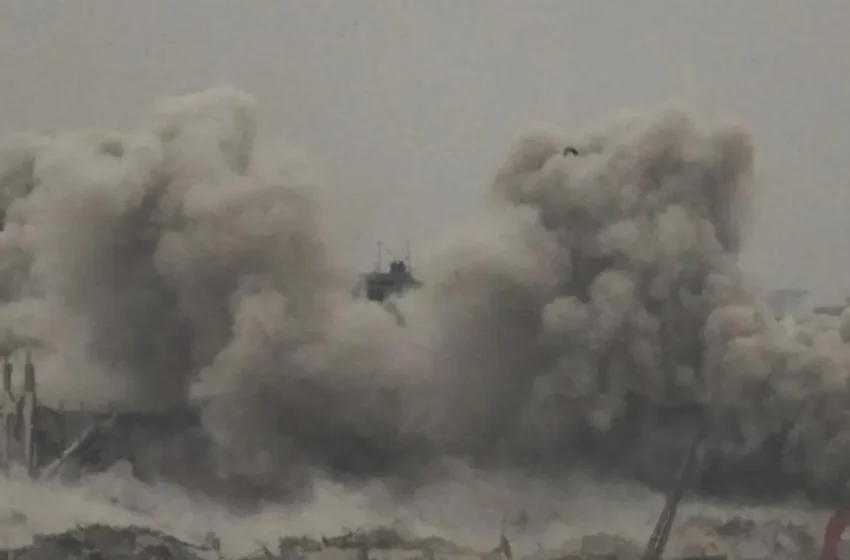
Guterres rejects Israeli aid proposal, warns of “killing field” in Gaza
United Nations Secretary-General Antonio Guterres has turned down a fresh Israeli proposal regarding the regulation of aid deliveries in Gaza, stating it poses a risk of “further controlling and heartlessly restricting aid to the last calorie and grain of flour. “
“Let me be clear: We will not participate in any arrangement that does not fully respect the humanitarian principles: humanity, impartiality, independence and neutrality,” Guterres told journalists.
Since March 2, no aid has reached the Palestinian enclave, home to about 2.1 million residents. Israel has stated that no goods or supplies will be permitted to enter Gaza until Hamas releases all remaining hostages.
COGAT, the Israeli military body that corresponds aid, met last week with UN agencies and international aid organizations. It stated that it proposed “a structured monitoring and aid entry system” for Gaza. “The system is designed to assist aid organizations, improve oversight and accountability, and ensure that assistance reaches the civilian population in need, rather than being diverted or stolen by Hamas,” COGAT explained.
Last week, Jonathan Whittall, the senior UN aid official for Gaza and the West Bank, stated there was no evidence of aid diversion. In March, Israel resumed its bombardment of Gaza after a two-month truce and reentered the enclave with troops.
“Gaza is a killing field – and civilians are trapped in an endless cycle of death,” said Guterres as he once again called for the immediate and unconditional release of all hostages, a permanent ceasefire, and unrestricted humanitarian access in Gaza.
“With entry points into Gaza closed and aid blocked, security is in chaos, and our ability to deliver assistance has been stifled,” he stated. “As the occupying power, Israel has clear obligations under international law – including international humanitarian law and international human rights law,” Guterres added.
This indicates Israel should encourage relief efforts and ensure access to food, medical care, hygiene, and public health standards in Gaza, he said. “None of that is happening today,” he concluded. Israel argues that it is not in control of Gaza and therefore cannot be considered an occupying power.
Meanwhile, as calls become more vociferous for Lebanon’s Hezbollah to disarm, a senior Hezbollah official told Reuters that the group will enter into negotiations of its arms with the Lebanese president if Israel gets out of southern Lebanon and stops bombing.
US-backed President Joseph Aoun, who pledged upon taking office in January to establish a state monopoly on arms control, plans to initiate talks with Hezbollah regarding its arsenal soon, according to three Lebanese political sources.
The issue of disarmament has taken momentum since the equation of power was altered by the 2024 war with Israel and the ouster of Hezbollah’s Syrian ally, former president Bashar al-Assad.
Hezbollah came out of that war with Israel severely weakened, having lost senior leaders, thousands of combatants, and a significant portion of its rocket arsenal. The top Hezbollah leader said the party is willing to negotiate its arsenal as part of a national defense plan, but only if Israel withdraws from five hilltops in the south of Lebanon.


